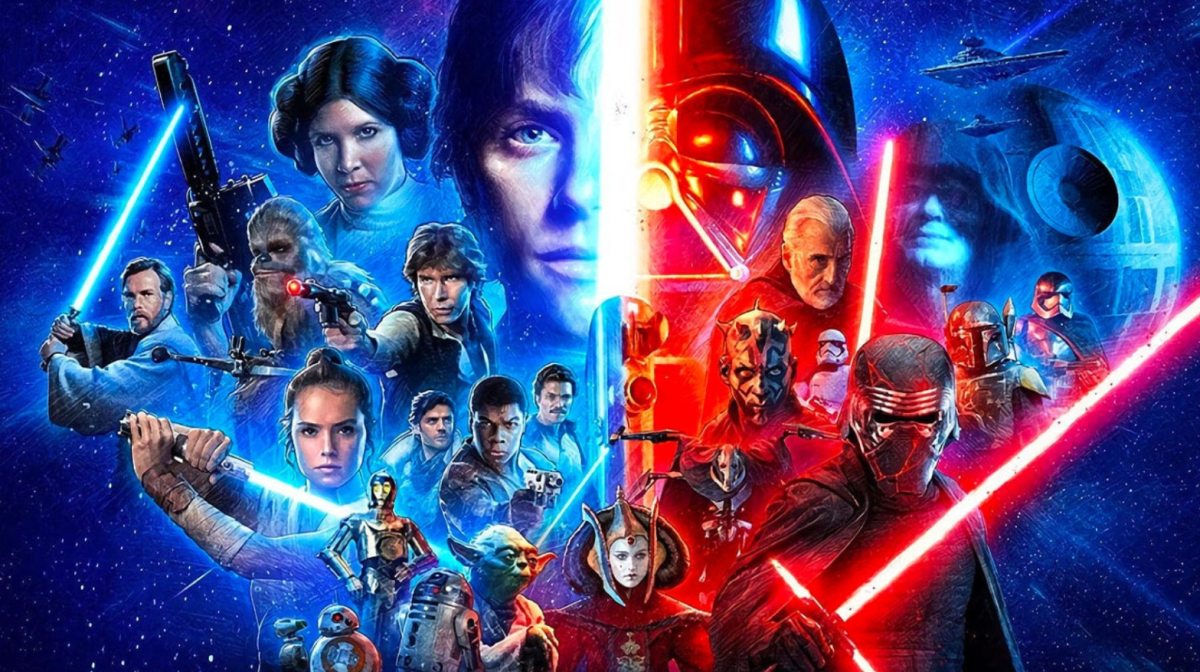Microsoft recently announced their 2022-2023 acquisition deal of the mogul video game company Activision Blizzard for nearly $70 billion. This will be Microsoft’s biggest acquisition yet, making it the third-largest company by revenue in the video game industry. In addition, this deal could majorly reverse the odds in the gaming console war between Microsoft’s Xbox and Sony’s PlayStation. However, this acquisition holds an even greater purpose – the metaverse purpose.
Many variables of this deal make Microsoft look exciting, but one crucial detail that makes the word detail an understatement is the company’s metaverse vision. By purchasing Activision’s business, they will own its vastly popular game franchises like Call of Duty, World of Warcraft, Diablo, and Candy Crush. Microsoft will also hold the rights to these franchises’ collective 400 million active monthly users. With a vast market demand and subscriber base already in place, along with many more from Microsoft’s marketing power, this technology company will be able to scale adoption and anticipation for these virtual gaming metaverses.
Imagine the most popular first-person shooter (FPS) games coming to virtual or augmented reality. According to Satya Nadella, the CEO of Microsoft, “Gaming is the most dynamic and exciting category in entertainment across all platforms today and will play a key role in the development of metaverse platforms.” The opportunities are endless, and as the booms of cryptocurrencies and NFTs seem never-ending, the future of virtuality is bright for Microsoft. However, the execution and delivery of its game-integrated metaverses are still in-progress. According to Bitcoin.com, “…the company is working on its own take of its metaverse for the office in the form of Mesh. Mesh will allow people using Microsoft Teams to have meetings and chat with online avatars, substituting videoconferences for a more immersive and participative experience.” It is a matter of time when Microsoft will publicize its virtual plans for Activision’s gaming franchises, but from what customers can surmise, social gaming will be a significant component of its gaming metaverse vision.



